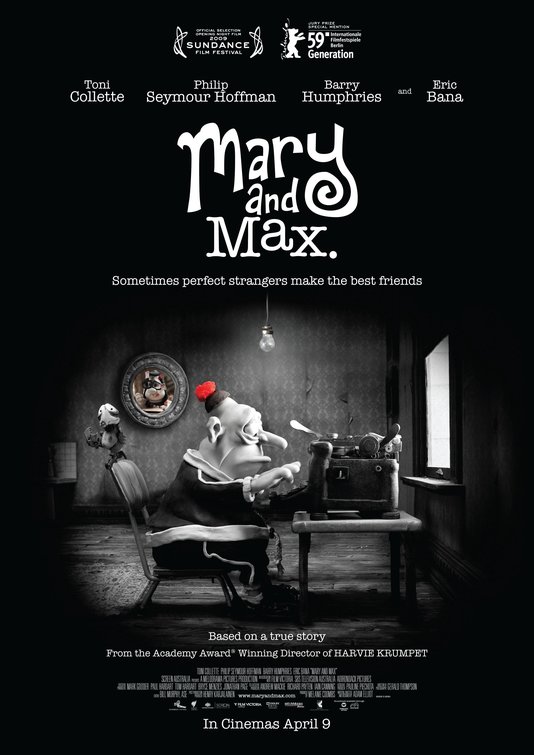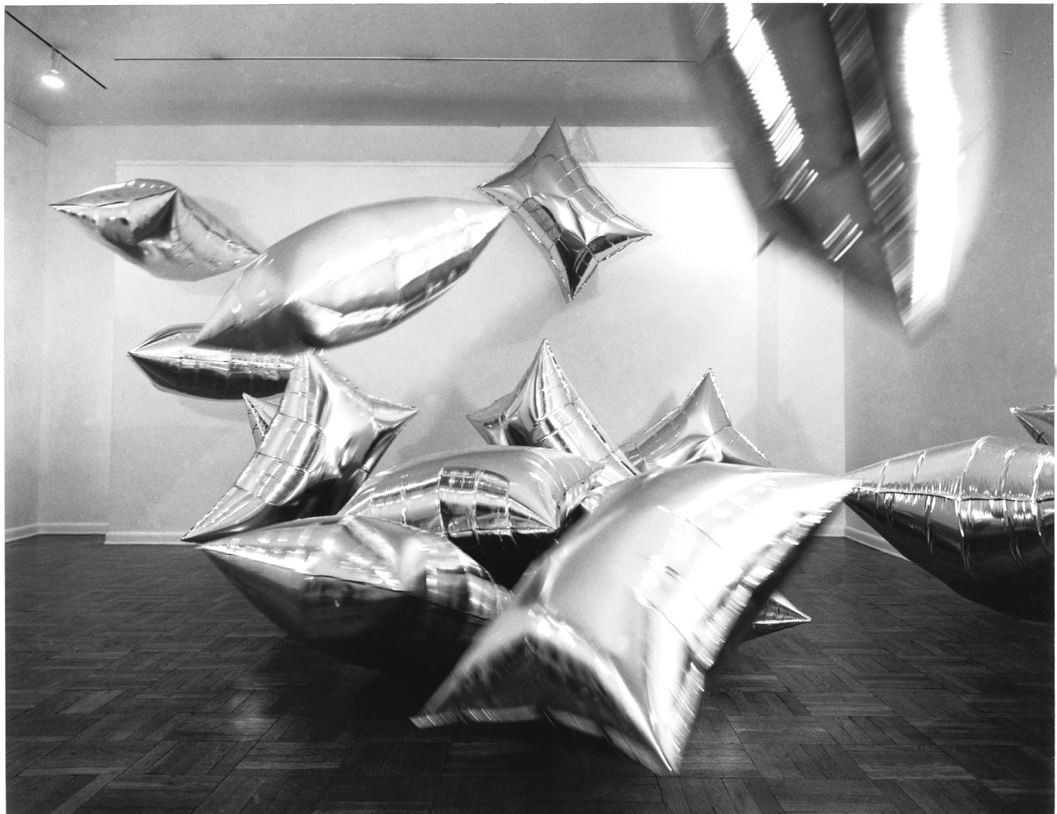Non-Aspies have awkward moments too!
I know a lot of people who tend to say or do things that make another person uncomfortable. This will happen completely on accident. There are different types of these:
The people who lack a sensor: My friend Emma is completely inappropriate, but so adorable and hilarious that you really don't care. She loves to slap her friend's asses, or give "boob kisses", and a typical comment from her will be (if your shirt is wet), "aww, you look like you're lactating!" (meant affectionately, mind you.)
When I first met Emma, I was completely taken aback by her bluntness, but then realized that some of the unspoken social rules in our society don't make sense. Plus, spending time with her is exciting - it's refreshing to drop all of the filters you are used to accumulating in everyday interactions. It's nice to have a friend who regularly challenges these rules, whether she realizes it or not!
The people who lack boundaries: two of my roommates started cleaning my room when I wasn't home and a potential subletter was coming over that night. Neither of them are on the Autism Spectrum. All I did was politely explain to them that it was an invasion of personal space, and to either wait for me or let me know if they feel compelled to do this in the future.
While their actions did make me uncomfortable, it made me realize: non-aspies mess up too. Social awkwardness is universal. Who cares?
A person's unique disposition: I have a classmate, Ashley, who is not like other girls I know. As far as I know she doesn't have Asperger's, but her personality is very unique when compared to the rest of my peers. She is very mellow, has a smooth-sounding voice, and always appears very relaxed. Almost every statement she makes ends with a laugh (amused? uncomfortable? I can't really tell.) and a sigh. There are occasionally awkward pauses in conversation with her, but when spending time with her I generally feel like I am in good company, as she is very pleasant to be around.
A number of my peers have attempted to explain Ashley's eccentricities. Some have stated that it's based on her geographic origin, as the majority of us are local, and our city is notorious for being obnoxious, uptight, and constantly stressed.
I don't know why Ashley is so unique, but it's nice to see someone who is so pleasantly calm all the time. I once had a conversation with her about being a design student, and the stresses that go along with it. She told me, "I've never had to think so much about things as I have this year." - followed by her trademark laugh and sigh, of course. I understood how she felt completely - could it be anxiety, general stress? Who knows?
The fact is, as much as we like to pretend, no one has everything together. Other people also question things constantly, and worry a lot. Though my psychiatrist likes to attribute this trait of mine to having Asperger's, I attribute it to being an American. We're stressed people! It's really an issue if everyone from a culture feels this way. I think we should work on trying to fix the culture from the inside and not the individuals.
There are other people like us: My friend Bobby is one in a million. I also think he has Asperger's, but I don't tend to dwell on this possibility - we are all unique, after all. Another friend described him as a "friendly floater" - he is acquaintances with everyone, but is not particularly close with any one group of people. Whether he realizes it or not, he is defying our culture's basis for social standards, which I think is really awesome.
Bobby is the master of the calm, one-sided speech. He loves to talk. He has a really great baritone-esque voice- he would make a great voice actor - but he will talk nonstop about the most random things. He tends to have some awkward pauses here and there, and conversations with him don't tend to follow the typical vapid quality that I experience with most friends in passing (where the person acts like they care, but they really don't). Unfortunately, a lot of people are uncomfortable around Bobby, just because his presence makes you question our society's social rules. Lame, right?
The thing about Bobby, though, is that he is one of the most genuine people I know. He spends all of his time doing community service, helping people, giving without any expectation of his thoughtfulness being returned. He loves to bake food for all of his friends, and I feel like other people take his big heart for granted. He is very trusting, probably too trusting - I feel like he is very easily manipuated.
While it would be beneficial for him to learn to read people better, I think that it is nice to see that not all people are robots of one another, and that not all people try to be like everyone else. People like Bobby are a breath of fresh air in an otherwise clone-like society. I just hope that being aware of his presence will allow others to embrace their own eccentricities.
Moral of the story? NOT ALL AWKWARD PEOPLE ARE ASPIES. We are not the trademark of eccentric. Other people exist who are equally unique. Non-Aspies question social rules and feel as if they are awkward, too. The fact that people like this exist make me feel relieved.
Stay unique, everyone.




